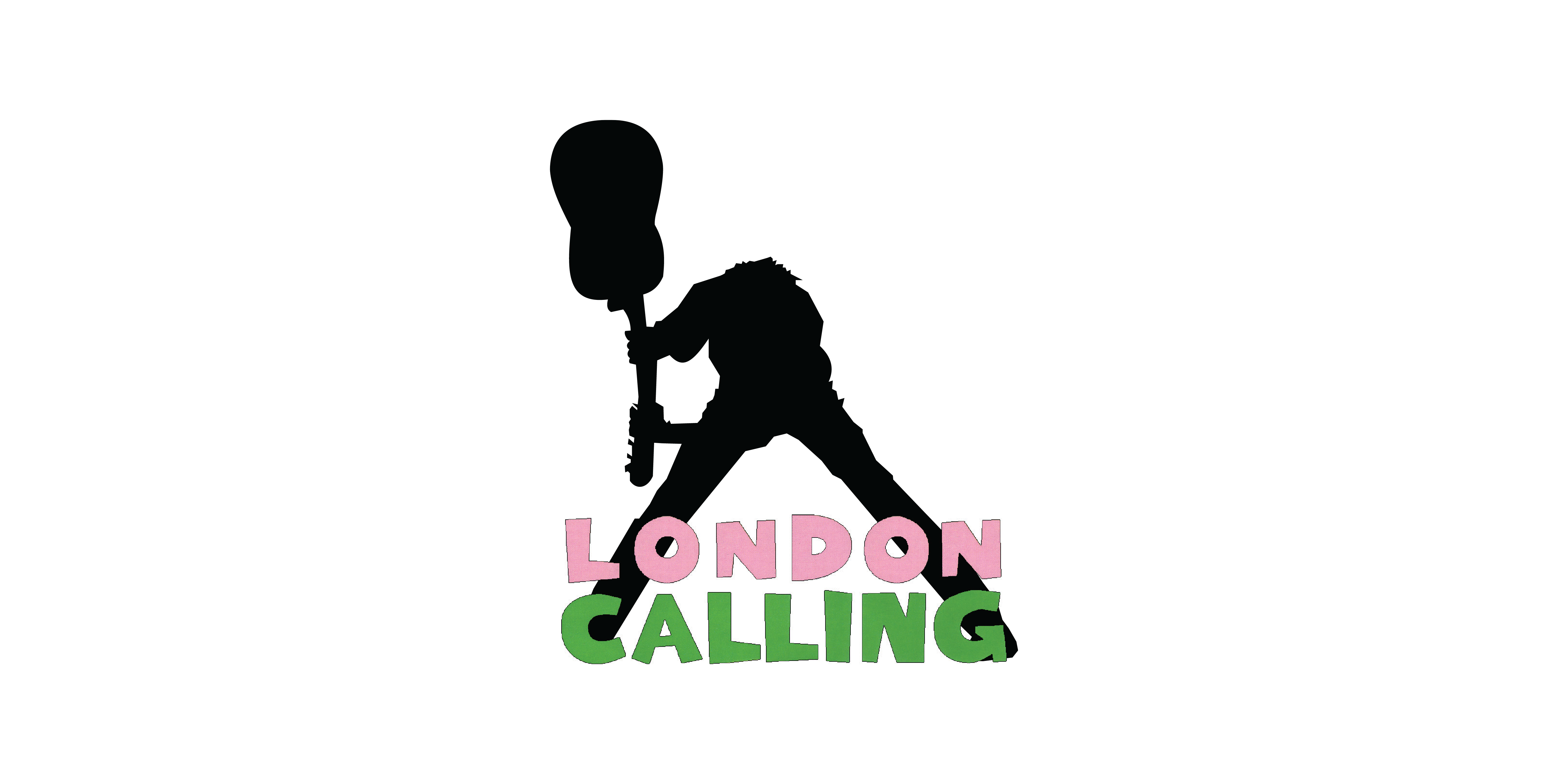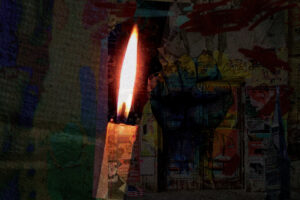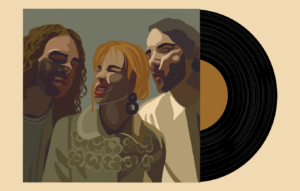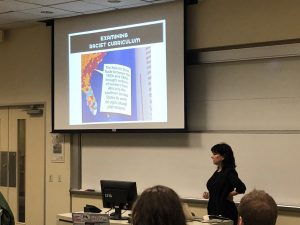“Kick over the wall ’cause government’s to fall.
How can you refuse it?
Let fury have the hour, anger can be power.
Do you know that you can use it?”
Would you believe me if I told you one of the biggest bands in the world purposefully trashed venues on tour and snuck fans in for free so their record company couldn’t profit from concerts? That they made albums extra long, double or triple a normal album’s length so fans could get multiple albums for the price of one, though their record company pushed them to jack up the prices?
This same band was also a thorn in the side of the Thatcher administration, and its music helped inspire a new generation of politically conscious and active people, and some of them would even become political scientists, politicians, and diplomats.
This band existed, and its name was The Clash.
In 1977, The Clash exploded onto a punk scene dominated by a culture that was about rejecting everything that came before, taking no influence from the old, and creating the new from scratch. It became about rejecting old heroes, old ways of life, and everything in between.
The band would become a catalyst of change in the worlds of music and politics with the release of their 1979 masterpiece, London Calling. In the face of its 40th anniversary and the new decade, especially with the wild worldwide political climates, the album deserves a look back on its past and future influence. It was their incorporation of musical influences, and their courage to address problems like poverty, political corruption, racism, and police brutality on the popular platform that differentiated The Clash from many other bands.
London Calling directly challenged the foundations of punk through its incorporation of the wider musical world. “Brand New Cadillac” screams of sweet hard rock guitar solos and surfer rockabilly elements while “Wrong ‘Em Boyo” is filled with bluesy brass, and “Guns of Brixton” is heavy reggae mixed with punk. The album is a mosaic of influences coming together into one conglomerate album. The band’s rejection of rejection culture set them apart from the rest of the punk scene, now saturated with angry, fast power chords and raw vocals. It began to give others the courage to step out of the scene’s jaws, and do their own thing—an impact in line with what original punk culture was all about.
Punk culture began by encapsulating the generational anxieties of young adults in the late 1970s. They worried about their slim future prospects as England grappled with economic and political tension under then-Prime Minister Margaret Thatcher and the shadow of the Cold War. Growing up in this era, The Clash were not blind to the struggles of those around them, especially those of minority communities. In a 1977 interview, frontman Joe Strummer and bassist Paul Simonon discussed their participation in the Notting Hills Carnival riots against British police fighting members of the immigrant community. It was their early penchant for political activism that formed the beating heart of London Calling and made them so influential to people across classes, genders, races, and continents.
Their activism is also evident in the politically charged songs of London Calling. “Guns of Brixton,” deals with police brutality against minority groups. “Clampdown” speaks to both the indoctrination of young people towards racism in an oppressive system. This indoctrination mixed with lack of opportunities for work and expression often left them with no options except to serve that same system. “Spanish Bombs” discusses the devastation left behind the Spanish Civil War of the ’30s and the lasting effects of colonialism. Songs such as “Lost in the Supermarket” and “I’m Not Down” speak more to personal issues of depression, anxiety, growing up, and finding your identity.
Using their platform, The Clash allowed their listeners to realize they were not alone and discover issues they may not have known about before. This incredible self-awareness within their lyrics put the band ahead of their time. The band was not afraid to muddy the waters in the name of what they believed was a service to human dignity.
The Clash spoke of issues prevalent in both their era and ours. In an age of political and economic uncertainty and, for many, despair, The Clash differentiated themselves from other punk bands by encouraging solutions as well as rebellion. Instead of screaming “destroy the system,” they offered: destroy the system to make something better. As four poor punks from the slums of London, they knew they couldn’t do everything, but they could do something. They wanted to inspire others to actually change things, even when the dominant political party of Britain, the Tories, stood against them.
In today’s world, this album is more relevant than ever as protests and unrest rise in response to political and economic grievances. With technology, we are becoming ever more aware of the conditions we, and others face. We feel crippled by our situations.
“When my nerves were pumping and I fought my fear in, I didn’t run, I was not done.”
This album reminds us of our agency and the importance of taking a stand. This gives us hope. By being able to do what we can with what we have, we can make a lasting difference, even if our ability is only to bring awareness.
The Clash inspired a generation of politically active citizens by picking up their pens and instruments to speak about subjects others wouldn’t dare approach. This band and its work exemplified what it truly meant to be a global citizen.
I implore you to listen to this album all the way through, at least once in your life, and read the lyrics. Even if you don’t like it, you will hear the words that inspired the early rise of liberal punk culture that fought against Neo-Nazis and injustice across the world. It may also inspire you to fight injustice in our current world. My personal favorites are “Clampdown”, “Train in Vain”, “Lost in the Supermarket” And “I’m Not Down.”
I believe the words of Henry Rollins, former vocalist of Black Flag, sums up the lasting influence of The Clash when talking about today’s political climate, “Now is not the time to be dismayed. This is punk rock time. This is what Joe Strummer trained you for.”






